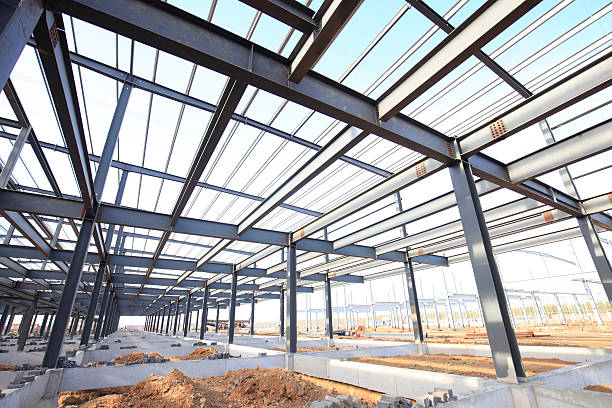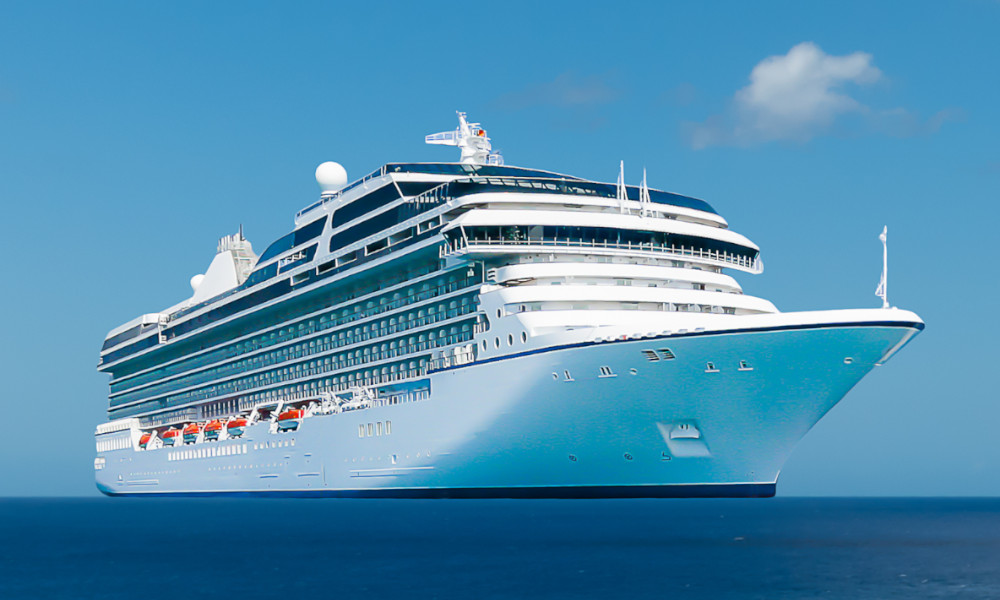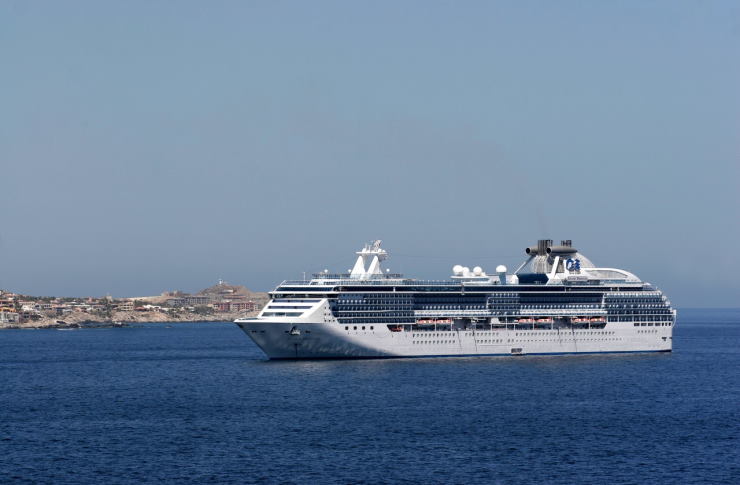Complete Guide to Polycarbonate Roof Sheets and Applications
Polycarbonate roof sheets have revolutionized roofing solutions across residential, commercial, and industrial applications. These lightweight, durable, and versatile materials offer exceptional strength-to-weight ratios while providing excellent light transmission properties. Understanding the various types, applications, and comparative advantages of polycarbonate roofing can help property owners make informed decisions for their specific needs.

What to Know About Polycarbonate Roof Sheets and Their Common Uses
Polycarbonate roof sheets are thermoplastic materials engineered for superior performance in roofing applications. These sheets possess remarkable impact resistance, typically 200 times stronger than glass and 30 times stronger than acrylic alternatives. Their UV-resistant coating prevents yellowing and degradation over time, ensuring long-term clarity and structural integrity.
Common applications include greenhouse construction, patio covers, canopies, skylights, and industrial roofing systems. The material’s excellent light transmission properties make it ideal for spaces requiring natural illumination while maintaining weather protection. Additionally, polycarbonate sheets offer superior thermal insulation compared to traditional glass, reducing energy costs in temperature-controlled environments.
Types of Polycarbonate Sheets Often Used in Roofing Projects
Several distinct types of polycarbonate sheets serve different roofing requirements. Solid polycarbonate sheets provide maximum strength and clarity, making them suitable for high-impact applications and areas requiring crystal-clear visibility. These sheets typically range from 2mm to 15mm in thickness.
Multiwall polycarbonate sheets feature hollow chambers that enhance insulation properties while reducing weight. Twin-wall, triple-wall, and honeycomb structures offer varying levels of thermal performance and light diffusion. Corrugated polycarbonate sheets combine strength with traditional roofing aesthetics, perfect for residential and agricultural applications.
Textured polycarbonate options include prismatic, embossed, and bronze-tinted varieties that provide different light diffusion patterns and aesthetic appeals. Each type serves specific functional and design requirements while maintaining the material’s core benefits.
How Polycarbonate Roof Panels Might Compare to Metal or Fiberglass Options
Polycarbonate roof panels offer distinct advantages over traditional metal and fiberglass alternatives. Unlike metal roofing, polycarbonate sheets provide natural light transmission while maintaining structural integrity. They resist corrosion, eliminate thermal expansion issues, and produce no condensation problems commonly associated with metal systems.
Compared to fiberglass, polycarbonate sheets demonstrate superior impact resistance and UV stability. While fiberglass may yellow or become brittle over time, quality polycarbonate maintains its properties for decades. Polycarbonate also offers better thermal insulation properties, reducing heating and cooling costs.
However, metal roofing provides superior fire resistance and longer warranties in some applications. Fiberglass options may offer lower initial costs but require more frequent replacement. The choice depends on specific project requirements, environmental conditions, and long-term performance expectations.
Where Polycarbonate Roofing Sheets Are Commonly Installed
Polycarbonate roofing sheets find widespread application across various sectors and geographic regions. Agricultural facilities, including greenhouses, livestock shelters, and equipment storage buildings, benefit from the material’s durability and light transmission properties. The sheets withstand harsh weather conditions while providing optimal growing environments.
Commercial applications include shopping center walkways, restaurant patios, car dealership showrooms, and office building skylights. Residential installations encompass pool enclosures, sunrooms, patio covers, and garage door windows. Industrial uses include factory skylights, warehouse roofing, and loading dock canopies.
Geographic considerations influence installation patterns, with regions experiencing severe weather conditions often preferring thicker, reinforced polycarbonate options. Coastal areas benefit from the material’s corrosion resistance, while areas with extreme temperature variations appreciate its thermal stability.
Unique Installation and Maintenance Insights
Professional installation requires specific techniques and materials to maximize polycarbonate sheet performance. Proper expansion joint allowances accommodate thermal movement, preventing stress cracking and structural failure. Specialized fasteners with EPDM washers ensure weatherproof seals without over-compression that could crack the material.
Regular maintenance involves gentle cleaning with mild soap solutions and soft brushes to preserve surface clarity. Avoid abrasive cleaners or high-pressure washing that could damage protective coatings. Inspect sealants and fasteners annually, replacing worn components to maintain system integrity.
Quality polycarbonate sheets typically carry 10-15 year warranties against yellowing, hazing, and breakage. Proper installation and maintenance can extend actual service life to 20-25 years, providing excellent long-term value compared to alternative materials.
Cost Analysis and Provider Comparison
Understanding polycarbonate roofing costs helps in project planning and budgeting decisions. Several established manufacturers provide quality products with varying price points and specifications.
| Product Type | Provider | Cost Estimation (per sq ft) | Key Features |
|---|---|---|---|
| Twin-wall 6mm | Palram Industries | $3.50-$4.50 | UV protection, 10-year warranty |
| Corrugated | Tuftex | $2.25-$3.25 | Easy installation, multiple colors |
| Solid 4mm | Makrolon | $4.50-$6.00 | Maximum clarity, impact resistant |
| Multiwall 16mm | Polygal | $5.50-$7.50 | Superior insulation, structural grade |
Installation costs typically add $2-4 per square foot depending on project complexity, accessibility, and regional labor rates. Additional components including fasteners, flashing, and sealants contribute approximately 15-20% to material costs.
Prices, rates, or cost estimates mentioned in this article are based on the latest available information but may change over time. Independent research is advised before making financial decisions.
Performance Considerations and Selection Criteria
Selecting appropriate polycarbonate roofing requires careful evaluation of environmental conditions, structural requirements, and aesthetic preferences. Snow load calculations determine necessary thickness and support spacing in cold climates. Wind uplift resistance becomes critical in hurricane-prone regions.
Light transmission requirements vary by application, with greenhouses requiring maximum clarity while residential applications might prefer light diffusion. Thermal expansion considerations influence fastener spacing and edge details. Color options affect heat absorption and interior temperatures.
Professional consultation ensures proper specification for specific applications, maximizing performance while optimizing costs. Consider local building codes, structural requirements, and manufacturer recommendations when making final selections for optimal long-term results.
Polycarbonate roof sheets represent a versatile, durable solution for diverse roofing applications. Their combination of strength, clarity, and weather resistance makes them suitable for projects ranging from residential patio covers to large commercial installations. Understanding available types, comparative advantages, and proper installation techniques ensures successful project outcomes and long-term satisfaction with this innovative roofing material.




